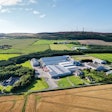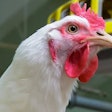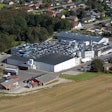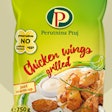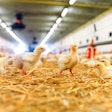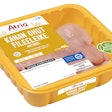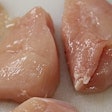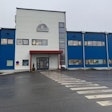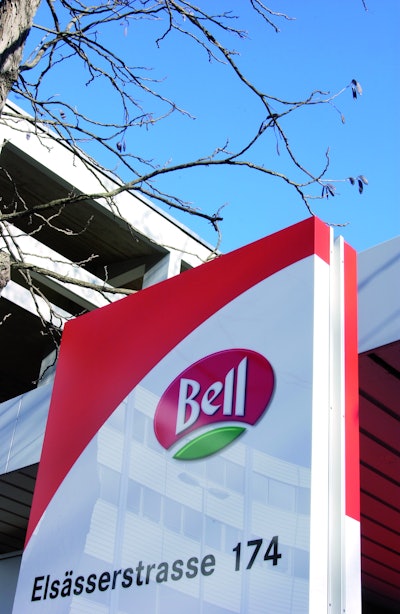
Based in Basle, Switzerland, Bell Food Group has announced that its international poultry operation is now a separate business.
Several changes to the firm’s organization were announced following the latest Annual General Meeting of Bell Food Group.
Key among these changes is that the group’s international poultry division — the Hubers/Sütag division — is to operate as an independent business in future. It was formerly part of the Bell International division.
Furthermore, the group’s remaining businesses will be organized by country although they will remain within the international division.
Reorganization of the company structure followed earlier announcements of changes to the Board, according to chair of the Board of Directors, Joos Sutter.
After 13 years of leadership, current CEO Lorenz Wyss is set to retire in June of this year.
From the start of next month, Marco Tschanz will take over as CEO of the Bell Food Group. In addition, he will head up Bell Switzerland and Hubers/Sütag. The Eisberg and Bell International businesses that Tschanz previously managed will be led by Mike Häfeli and Martin Schygulla, respectively.
Performance, business development in 2023
Despite facing a number of market challenges, the Bell Food Group reported growth and market share gains in its latest annual report for the year ended December of 2023.
For that period, net revenue was up over 5% year-on-year to 4.5 billion Swiss francs (CHF; US$4.97 billion). At CHF164.7 million, Earnings Before Interest and Taxes (EBIT) were 1.1% higher than in the 2022 fiscal year, and annual profit was up by 1.4% at CHF129.6 million.
The group reported that all the business units contributed to the positive outcome.
Based on net revenue in 2023, the Bell Food Group’s largest business sector was convenience foods (28%), followed by poultry (24%), fresh meat and charcuterie (each with 21%), and seafood (5%).
By sales channel, retail is the more important for the group — accounting for 71% of net revenue — and food-service the remaining 29%.
Overall, the group has 20,000 different products, and claims to be one of the largest producers of organic poultry in Europe.
By business area, Bell Schweiz (Bell Switzerland) generated 48% of total net revenue in 2023, followed by Bell International (24%), Hilcona (12%), Hügeli (9%), and Eisberg (7%)
In its home market, Bell Schweiz produces a range of meat, poultry, charcuterie, and seafood products at several facilities in Switzerland.
Bell Germany, Bell Western/Eastern Europe and Hubers/Sütag divisions comprise the Bell International division. While Bell Germany specializes in air-dried ham products with production in Germany and Spain, Bell Western/Eastern Europe has meat processing facilities in France and Poland. The Hubers/Sütag division comprises poultry businesses in Austria and Germany, as well as turkey processing in Germany.
The group’s non-meat operations include Eisberg (convenience salads, fruit, and vegetables), Hilcona brand’s fresh convenience products, and Green Mountain for vegetarian and vegan meat alternatives.
Total workforce in 2023 was around 13,000 — based at 65 locations in 15 countries.
More on Bell Food Group
Annual slaughterings of over 25 million chickens put Bell Group in among the leading poultry companies in Europe, according to the WATTPoultry.com’s Top Poultry Companies survey — as well as making it the largest producer in its home market of Switzerland.








